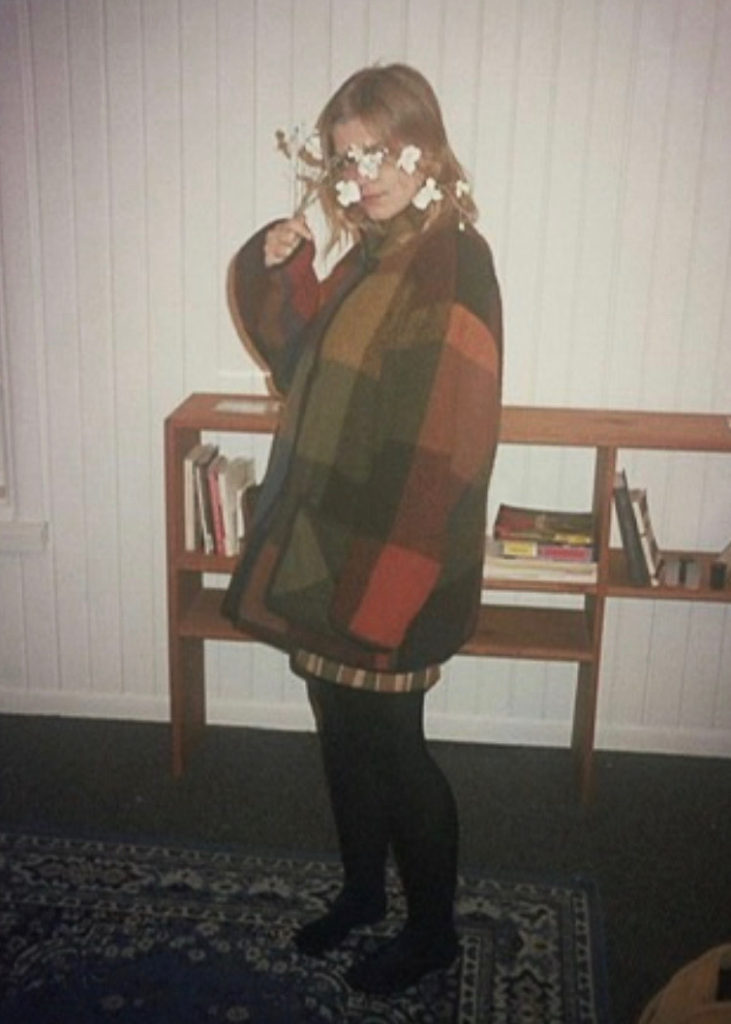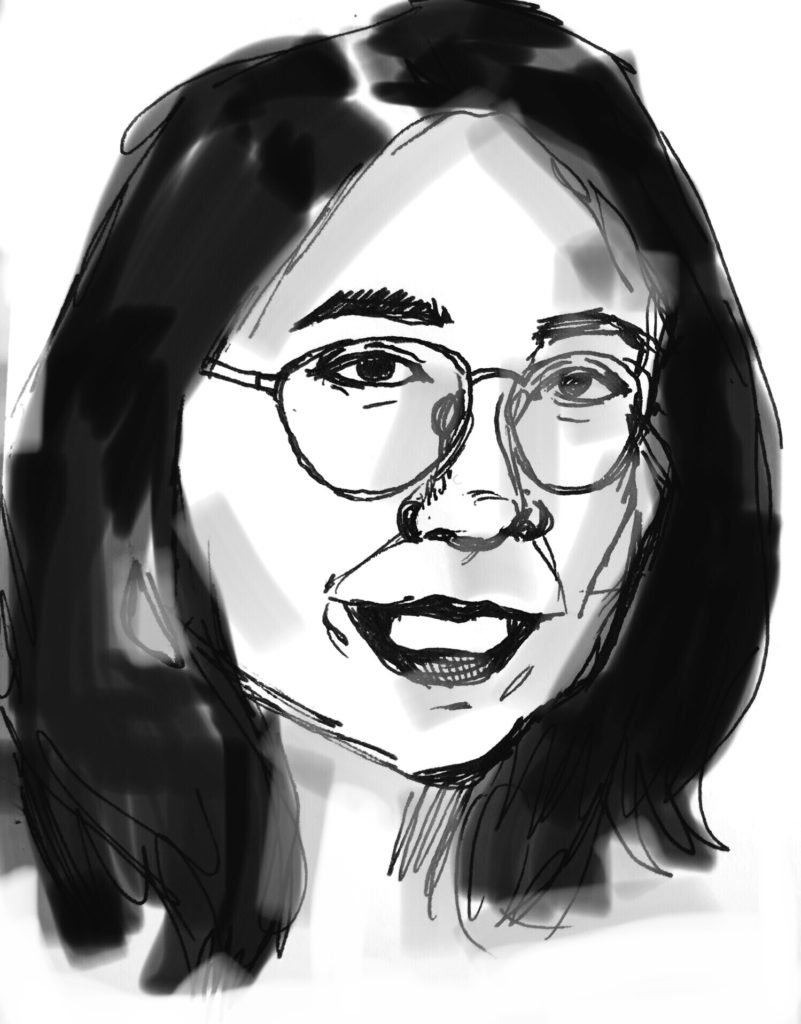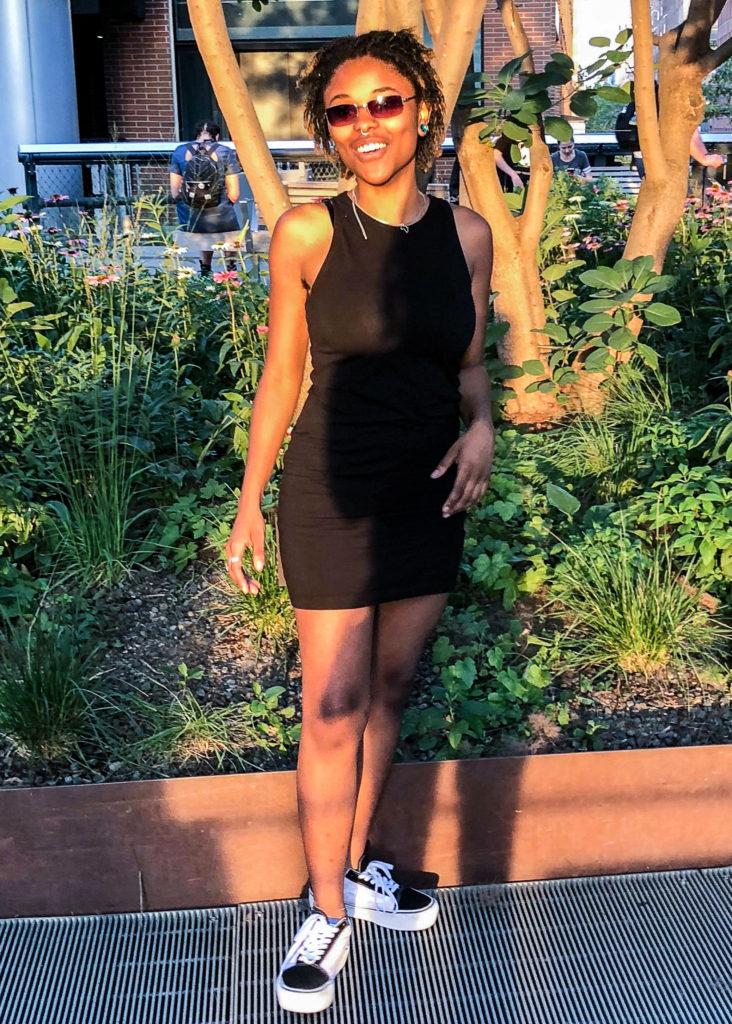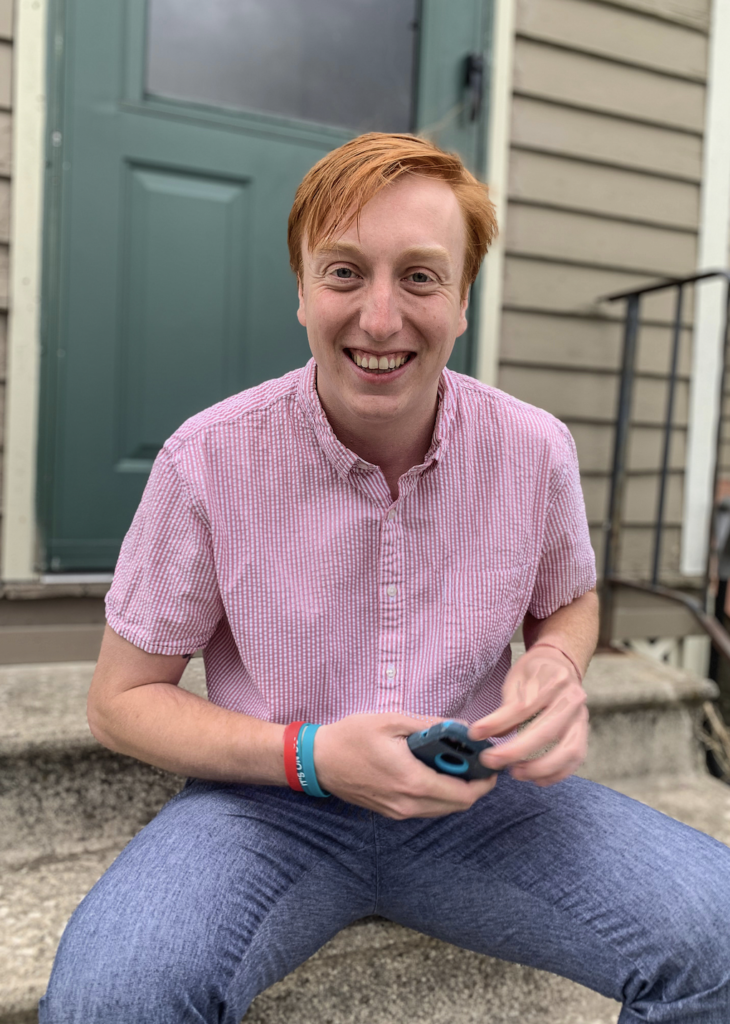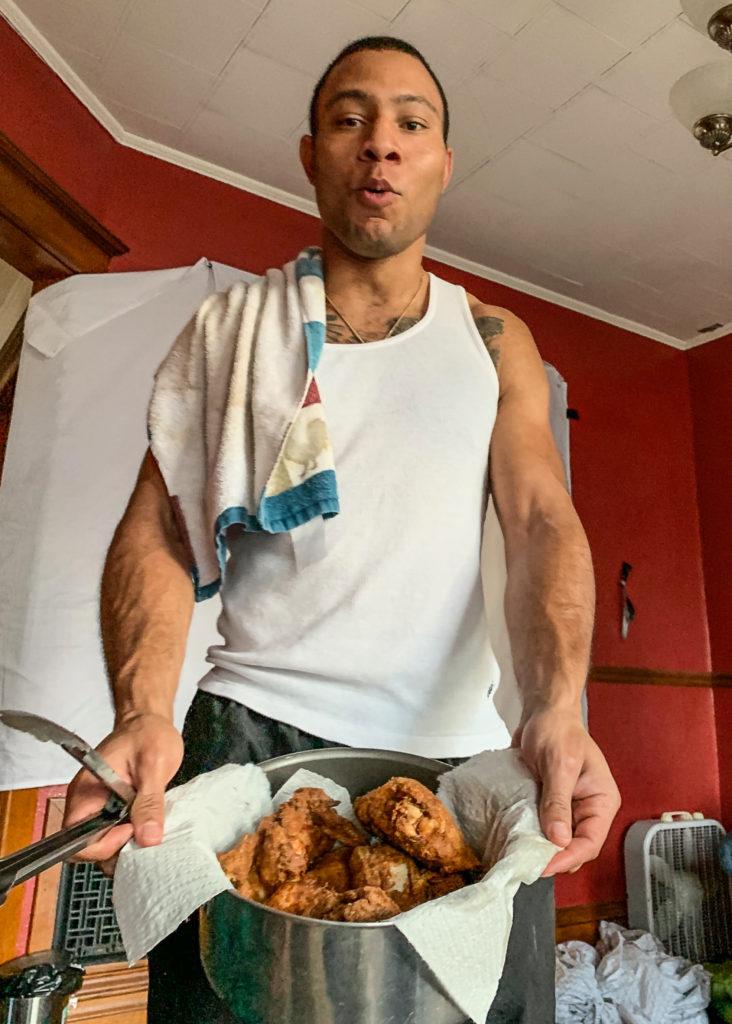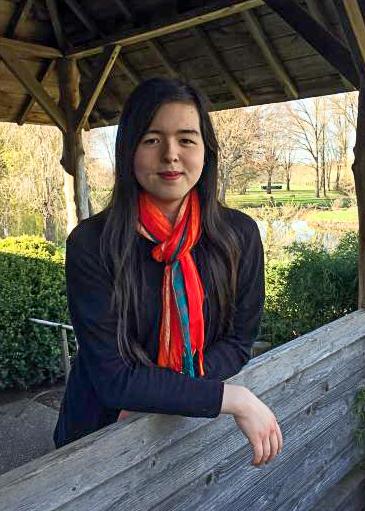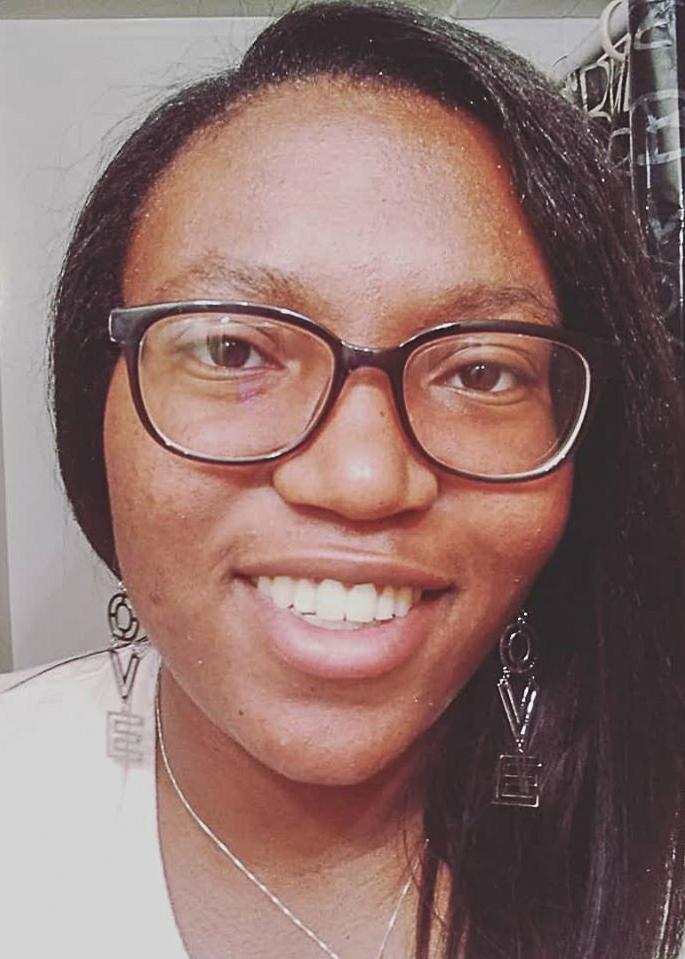Francess Dunbar ’20 is many things, among them an English major, a fiction writer, a 2020 Tithead host and the anonymous co-author (along with Paige Oamek ’20) of The S&B’s horoscope this past year.
“You guys can reveal that now, if you want,” she said, laughing. “That can be the big reveal.” For the uninitiated, The S&B’s horoscope, as written by Dunbar and Oamek (or, to use their pseudonyms, Celestial Minion and Celestial Maiden) was a quirky, humorous series with installations with titles like “The Signs in Drag”, “The Signs on Caucus Night”, and “The Signs as Fourth-Year, Second-Semester Students”.
Dunbar is currently living in an off-campus house with several other students. She says that the house itself, which was previously rented by Nolan Boggess and Stephen Duong, both ’19, came with “a bunch of random props” that Boggess and Duong had left for Dunbar and her housemates.
“The house has a lot of character, and we’ve really decorated it,” she said.
Living in town during the College’s COVID-19 campus shutdown allows her to spend more in-person time with her housemates, but Dunbar said that it has also been “sad” to have to experience her final weeks at Grinnell distancing socially from people outside of her house.
“The best part of being here for me has always been living within, like, a block of my best friends. … It’s like a big commune. And I like being able to share my life with people as much as I can,” she said.
This past year, Dunbar’s house was the site of several well-attended campus events. One was the concert afterparty they hosted where Laura Les and Dylan Brady of 100 gecs attended and DJ’d after performing at Gardner lounge, which Dunbar called “one of the highlights for my fourth year.”
The house was also the second stop at this year’s 10/10, where they held a wrestling event. Dunbar said of the event, “I have this whole bit with wrestling and physical confrontation. … At Grinnell, I feel like people don’t work through tension enough. A lot of people are from the Midwest, they’re very passive-aggressive, and there’s not enough direct confrontation. And I feel like when you playfully wrestle your friends, not like, ‘I’m mad at you and I want to fight you,’ but ‘We should just fight for a bit,’ you release some of that pent-up tension and it makes everyone healthier.”
Most recently, Dunbar and her housemates hosted the first ever virtual Titular Head (or Tithead, colloquially) student film festival from their house.
“My housemates and I were all really concerned that it wasn’t going to happen,” she said. Because, as a household unit, they could be in an in-person group without needing to keep six feet between them, Dunbar and her housemates worked to put together a Tithead that would work for a remote audience.
In addition to the social aspects of life in Grinnell, Dunbar also appreciates the nature of Grinnell. “It’s beautiful here. I’ve stayed here for two summers, and I’d really recommend [it]. … There’s so much to experience when it’s not freezing outside.”
Some of Dunbar’s favorite places in town, she said, are Summer Street Park and an abandoned train “with a message written on it” past the city recycling center (“Follow the train tracks,” she said, by way of directions).
During both of her summers in Grinnell, Dunbar worked with Professor Jon Andelson, anthropology. For one summer, she was an editor for Rootstalk, a journal of prairie arts and culture that Andelson runs. For the other, she worked at the College garden, which she said was “the best job ever. … It’s just endless free produce and meaningful work. I really enjoyed it.”
Like many other fourth-year students, Dunbar has mixed feelings as she prepares to leave Grinnell. She criticized the College’s decision to provide a $2,500 grant to students enrolling next year, which excludes graduating fourth-years, as well as the hiring freeze that has made it impossible for fourth-years to find employment for next year on campus. “It’s made me feel very negatively towards the school,” she said.
Dunbar is currently scheduled to spend her summer working at a farm and educational center in Colorado, where she will work on agricultural production as well as cultivating her own small plot of farmland. However, given the uncertainty of summer activities during the COVID-19 crisis, she’s not sure if that’s actually what she’ll be doing after graduation.
Dunbar is an English major with an interest in creative writing but said that she feels that writing is a difficult career to enter first thing out of school “in any economy, and especially this economy.”
Still, she hopes to publish a book at some point, and is currently working on a novel.


















































